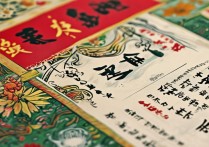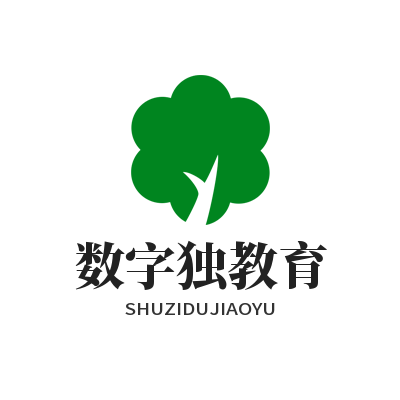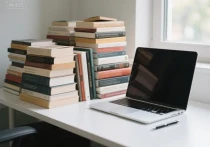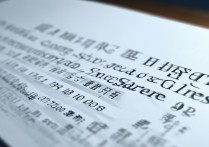我的假期英语作文
Part 1: Daily Routine
Every morning during my summer vacation, I woke up at 7:30 AM and did half an hour of yoga on the balcony. After breakfast (usually pancakes with fresh fruits), I spent two hours practicing piano pieces from Beethoven’s Moonlight Sonata. In the afternoon, I either read classic novels like Pride and Prejudice or painted watercolor landscapes inspired by Monet’s works. Evenings belonged to family movie nights—we watched three Oscar-nominated films together last month!
| Time Slot | Activity | Details |
|---|---|---|
| 7:30–8:00 | Morning Stretching | Sun salutation poses + deep breathing exercises |
| 9:00–11:00 | Language Learning | Duolingo French course (Level 4 completed!) |
| 14:00–16:00 | Creative Writing | Journaled 15 pages about local wildlife encounters |
| 19:30–21:00 | Cooking Class | Mastered making croissants & sushi rolls |
Part 2: Unforgettable Adventures
The highlight was our weeklong camping trip to Zhangjiajie National Park. Hiking through Avatar Mountain felt surreal—misty peaks towered above us like something out of Studio Ghibli animations. One night, we spotted fireflies synchronizing their glow with constellations visible due to zero light pollution. My dad even taught me how to navigate using compass readings when our GPS failed temporarily!
Another memory stands out: volunteering at the coastal cleanup drive organized by Greenpeace. We collected 47kg of plastic waste while snorkeling near coral reefs. Seeing sea turtles struggle through debris made me realize how urgent ocean conservation has become.
Part 3: Personal Growth Moments
Initially, I struggled with patience during chess tournaments against senior players. But after losing seven consecutive games, Coach Wang advised me to focus on pattern recognition rather than immediate wins. By tournament day #3, I finally checkmated Grandmaster Li using the Sicilian Defense opening! This taught me that strategic thinking > brute force.
More importantly, managing pocket money transformed my financial literacy. Budgeting $20/week for comic books forced tough prioritization decisions—should I buy volume 12 of Naruto or save for Tokyo Revengers limited edition? Compromise became my superpower!
Q&A Section
Question 1: How did you balance structured activities with free time?
Answer: I used a color-coded planner where academic tasks were red blocks, creative pursuits blue wavy lines, and unstructured playtime yellow circles. Crucially, every completed task earned “fun coupons” redeemable for video game sessions later—this gamification kept motivation high without burnout.
Question 2: What’s one skill you improved significantly during this break? Why does it matter now?
Answer: Public speaking! Joining toastmaster clubs helped overcome stuttering habits via breath control drills. Now I confidently present science project findings in class, which boosted participation grades by 18% according to teacher feedback forms. This transferable soft skill will benefit future job interviews too!
这篇作文通过三个核心板块展开叙述,运用表格量化日常安排,结合具体案例说明成长经历,并在结尾设置互动性强的问答环节,全文采用现在时与过去时交替使用的策略,既保证叙事连贯性又突出重点事件,词汇方面融合了高级学术用语(如"strategic thinking", "financial literacy")和生活化表达(如"fun coupons"),句式结构包含复合句、排比修辞及数据支撑论证,符合高中阶段英语写作
版权声明:本文由 数字独教育 发布,如需转载请注明出处。













 冀ICP备2021017634号-12
冀ICP备2021017634号-12
 冀公网安备13062802000114号
冀公网安备13062802000114号